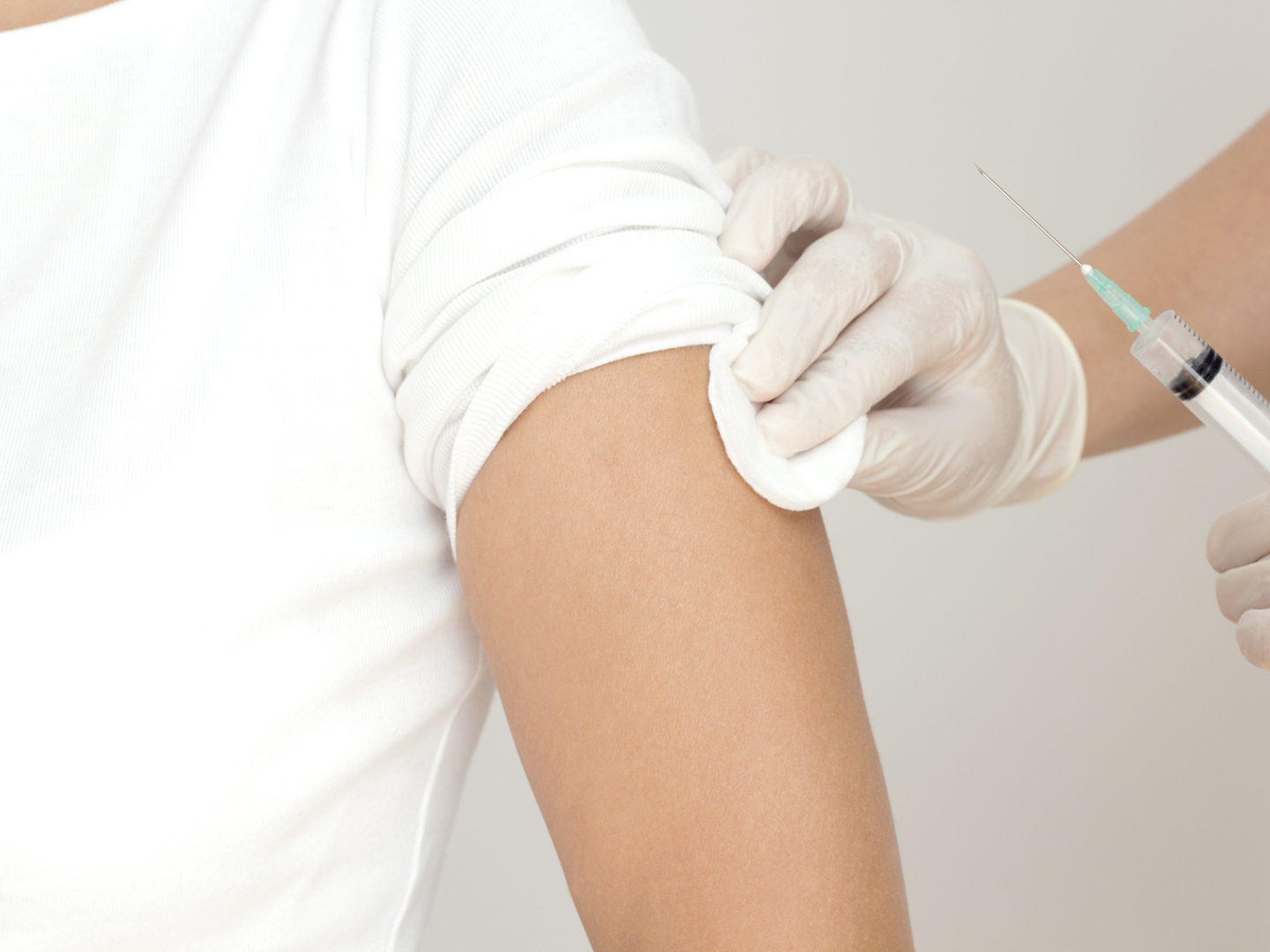Genital Warts

What are genital warts?
Genital or venereal warts (condylomata acuminata) are caused by exposure to the human papillomavirus (HPV) and are the most common sexually transmitted infections in the United States. The warts themselves are flesh-colored bumpy growths that occur in both men and women. According to the U.S. Centers for Disease Control and Prevention (CDC), approximately 6.2 million new cases of sexually transmitted HPV infections are reported every year. At least 20 million people in the United States are currently infected.
What are the symptoms?
The warts themselves can be flat or raised, small or large and can appear weeks or months after sexual contact with a person infected with the HPV virus that causes them. They may occur singly or in clusters in women in and around the anus, throat, vagina and vulva, and sometimes on the cervix. In men, they develop in and around the anus, throat, penis, groin or scrotal areas, and can grow inside the urethra. However, you can be infected with the HPV responsible for warts and not develop any symptoms at all. A study sponsored by the National Institute of Allergy and Infectious Diseases (NIAID) found that almost half of HPV infected women had no obvious symptoms. When you are infected, you can transmit the virus to sexual partners, and pregnant women with genital warts or HPV infections can transmit them to their babies. Although visible warts can be removed, treatment doesn’t eliminate the virus, which can continue to live in your body indefinitely.
What are the causes?
The warts are caused by the human papillomavirus (HPV), of which there are more than 100 different strains, 30 of which can affect the genital area and cause warts. HPV is very contagious. Although the strains that cause common warts on the hands and feet have no serious health consequence, some of the strains that cause genital warts also cause cervical cancer and, less often, bladder cancer in women and penile and rectal cancer in men.
What is the conventional treatment?
No treatment can eliminate the HPV virus, but the following methods are available for removing the warts themselves:
- Cryosurgery: The use of liquid nitrogen to freeze and remove the warts
- Laser removal: Use of a beam of laser light is directed at a site to selectively eliminate the growths;
- Excision: Cutting into the skin to remove the warts, then stitching up the wounds
- Curettage and desiccation: Scraping away skin tissue, then destroying the warts with a heated electric needle
Other treatments involve burning the growths off with trichloroacetic acid (TCA) or gels that your physician may apply or prescribe for careful use at home. One of these, Imiquimod, is a cream that a prompts the body to produce proteins that act against HPV and boosts the local immune system. Another type of medication, 5 percent 5-fluorouracil cream (5-FU), a topical chemotherapy drug is said to effectively treat warts that grow on the penis.
Interferon, an immune-stimulating agent, has been tested but without great results. Side effects include fever, chills, headache, fatigue and muscle aches.
What natural therapies for genital warts does Dr. Weil recommend?
Common warts elsewhere on the body respond readily to suggestion, so hypnotherapy would be worth trying for genital warts as well. It is certainly less invasive than the treatments listed above. The following recommendations may help strengthen your immune system and thus minimize the risk of recurrence of warts due to the continued presence of HPV in your body.
- Eat a healthy diet with plenty of fruits and vegetables, particularly spinach and other greens, sweet potatoes and carrots, all of which promote a healthy immune system.
- Supplement your diet with a daily multivitamin/multimineral. Be sure to include folic acid and vitamins C and E.
- Get adequate sleep and regular exercise.
- Try to neutralize stress via relaxation methods including breath work, meditation and yoga.
In addition, make sure your sexual partner knows you have HPV so he or she can be checked regularly. Practice safe sex by using condoms, but be aware that condoms do not prevent the spread of genital warts when skin the condom doesn’t cover is involved, such as infections on the man’s testicles or the woman’s vulva (the skin outside the vagina).









